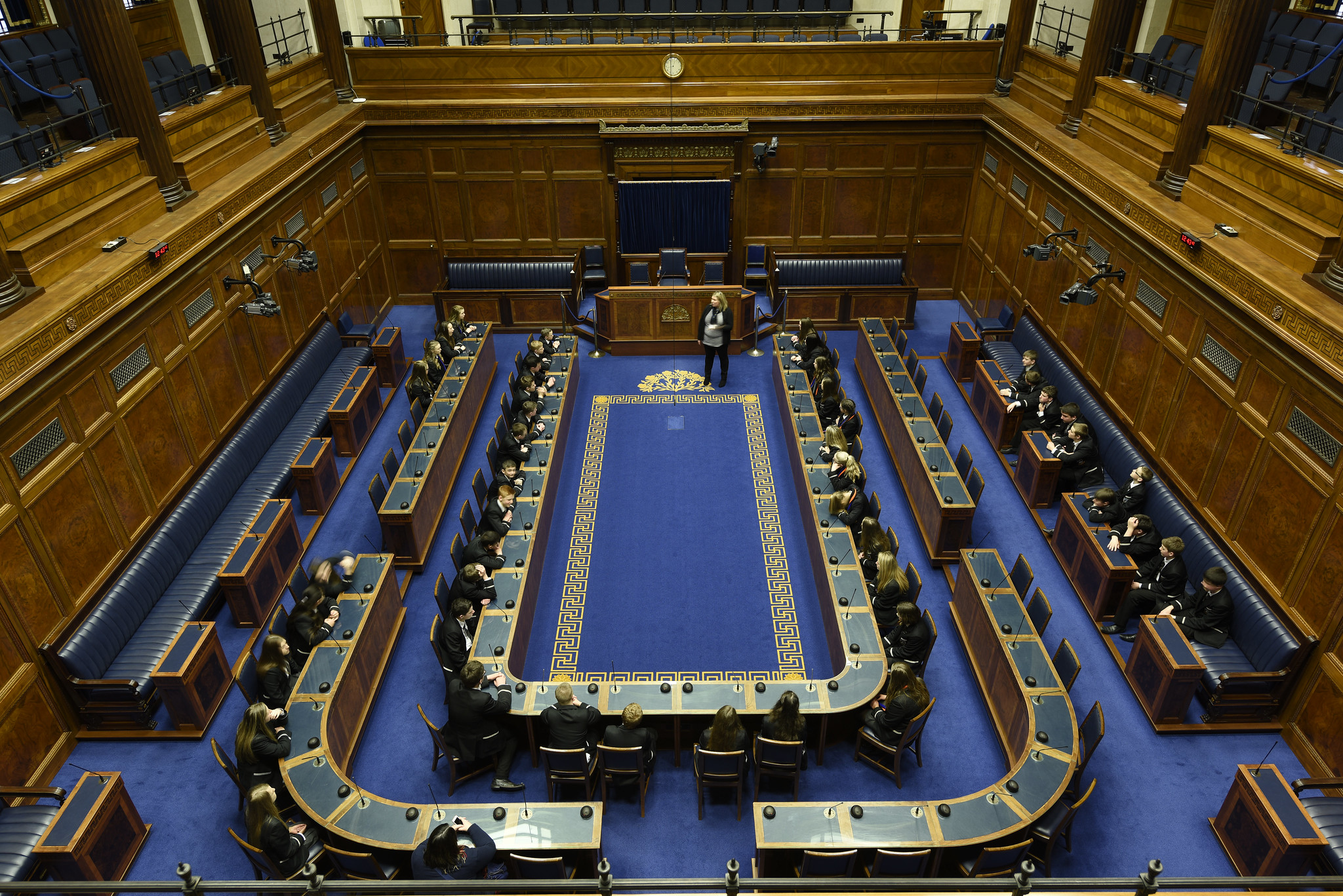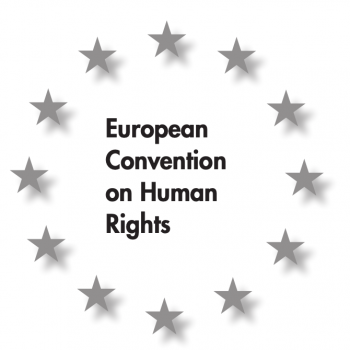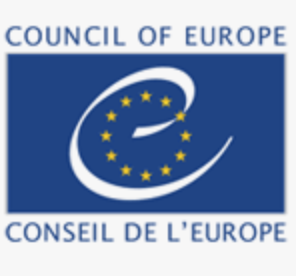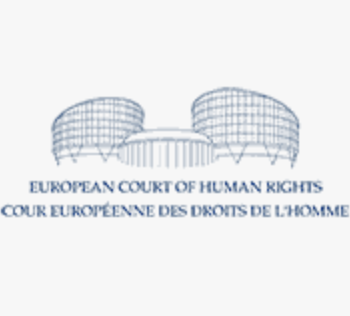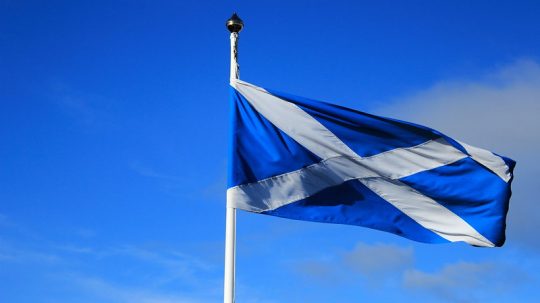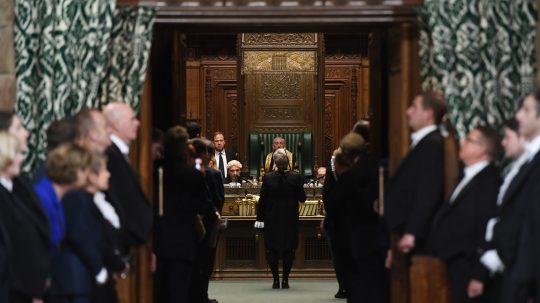The Good Friday Agreement, also known as the Belfast Agreement, is a power-sharing arrangement between the British and Irish governments and most of the political parties in Northern Ireland. Signed in 1998, the Good Friday Agreement (GFA) focused on how Northern Ireland should be governed following three decades of sectarian conflict, referred to as The Troubles. It set out the provisions for a democratically elected Northern Ireland Assembly, which makes and passes laws on devolved matters.
The GFA is considered an important part of the peace process in Northern Ireland. It incorporates human rights, through the European Convention on Human Rights (ECHR), into Northern Irish law.
The role of the European Convention on Human Rights
The GFA enshrines human rights in Northern Ireland. It says that any primary legislation passed by the Northern Ireland Assembly is subject to the European Convention on Human Rights, an international human rights treaty which the UK has been a signatory to since it came into effect in 1953.
The GFA placed a duty on the British government to incorporate ECHR rights into Northern Irish law. It says: “The British government will complete incorporation into Northern Ireland law of the European Convention on Human Rights, with direct access to the courts, and remedies for breach of the Convention, including power for the courts to overrule Assembly legislation on the grounds of inconsistency.”
Once the GFA came into force, after referendums held by the British and Irish governments, these rights were incorporated through the Human Rights Act (HRA) 1998. These ECHR rights underpin the GFA’s commitment to “the mutual respect, the civil rights and the religious liberties of everyone in the community”.
The European Court of Human Rights (ECtHR), based in Strasbourg, rules on possible violations of ECHR rights and can overrule laws passed by the Northern Ireland Assembly if they are incompatible with the Convention. People in Northern Ireland also have the right to remedy from the ECtHR for a breach of the ECHR.
The GFA also established an independent Northern Ireland Human Rights Commission (NIHRC) to review laws and make recommendations to both the Westminster and Northern Ireland governments to ensure they uphold their human rights obligations.
Bill of Rights could put at risk peace in Northern Ireland
Like in the rest of the UK, the Human Rights Act (HRA) incorporates the ECHR into domestic legislation in Northern Ireland. The UK government’s proposed Bill of Rights would repeal the HRA. In the Bill, the government sets out a ‘re-balancing’ of powers between the ECtHR and the UK’s domestic courts, such as the Supreme Court, effectively aiming to reduce the influence of the ECtHR over laws in the UK.
The Bill affirms that judgments, decisions and interim measures of the ECtHR in line with the ECHR, such as the decision to block the first deportation flight to Rwanda last month, will no longer be binding on UK courts.
Alyson Kilpatrick, the Chief Commissioner of the NIHRC, said that the proposed changes were “unnecessary and potentially divisive” in a statement in March.
She added: “The Commission reminds the UK Government of the potential impact on the delicate peace process of altering the Human Rights Act or diminishing the reach of the European Convention on Human Rights.”
In an evidence session to the parliamentary Joint Committee on Human Rights in May, Kilpatrick said that the HRA was “particularly important” for Northern Ireland’s compliance with human rights. Under the HRA, she highlighted, people in Northern Ireland can turn to domestic courts for justice if any public body, such as a government department, local council or police service, breaches their rights.
She said: “It has enabled individuals to hold the state to account in Northern Ireland on issues as fundamental as the right to life and the right to an independent investigation following the alleged unlawful taking of life.”
Even during the three-year period in which the Northern Ireland Assembly was suspended until January 2022, the Human Rights Act was used to regulate abortion, she said, referring to the decriminalisation of abortion in the country in 2019.
Grainne Teggart, Amnesty International UK’s deputy director in Northern Ireland, called the Bill a “blatant power grab”, and urged people to stand against the government’s proposals to scrap the HRA.
She said: “Human rights are hardwired into Northern Ireland’s peace agreement and given effect, in part, through the Human Rights Act. It rings entirely hollow that we hear loudly professed commitment to the Good Friday Agreement at a time when Government has simultaneously introduced a Bill which breaches the agreement and threatens the delicately balanced peace settlement.”
Teggart added: “The incorporation of the European Convention on Human Rights into Northern Ireland law is an explicit commitment of the Good Friday Agreement. The Bill of Rights Bill breaches two core elements of that commitment: the guarantee of ‘direct access to the courts’; and the obligation to provide ‘remedies for breach of the Convention’.”
She said that the plans for a new ‘permission stage’ for people to demonstrate that they have suffered ‘significant disadvantage’ would breach the obligation to provide direct access to the domestic courts, outlined in the GFA.
She also raised concerns that the government could remove ‘positive obligations’ to protect certain rights. These obligations, she said, have been crucial to rights in Northern Ireland, from abortion rights to legacy investigations into people killed during The Troubles.
“Our message to any incoming Prime Minister is clear: leave the Human Rights Act alone. Our rights are not up for grabs,” said Teggart.
Under the EU (Withdrawal) Act 2018, the UK government committed to upholding the human rights set out in the GFA, as set out in Article 2 of the Northern Ireland Protocol. But, as the Northern Ireland Protocol Bill looks to exclude certain parts of the Protocol from having primacy in UK law, the NIHRC has recommended that there are no changes to the provisions in Article 2.
What would the UK leaving the ECHR mean for Northern Ireland?
This month, both the prime minister Boris Johnson and Conservative leadership candidates vying to replace him have refused to rule out the prospect of the UK withdrawing from the ECHR. But concerns have been raised that leaving the ECHR would breach the GFA, potentially undermining peace in Northern Ireland.
Alistair Carmichael, Liberal Democrat MP for Orkney and Shetland, said that proposals to withdraw from the ECHR would breach the Good Friday Agreement, in a blog for Politics Home last month.
He said: “It was the patient building of trust that crafted the Good Friday Agreement, securing precious peace in Northern Ireland – underpinned by that self-same ECHR. Cooperation and trust are hard won – and require our care and respect.”
James Conor Patterson, writing for the New Statesman, said calls to withdraw from the ECHR were “not only dangerous but illegal”, and would break both domestic and international law. He added that the ability to take cases to a higher court was essential to people in Northern Ireland, given concerns that the domestic courts may not necessarily be “fair and impartial” in cases relating to The Troubles.

